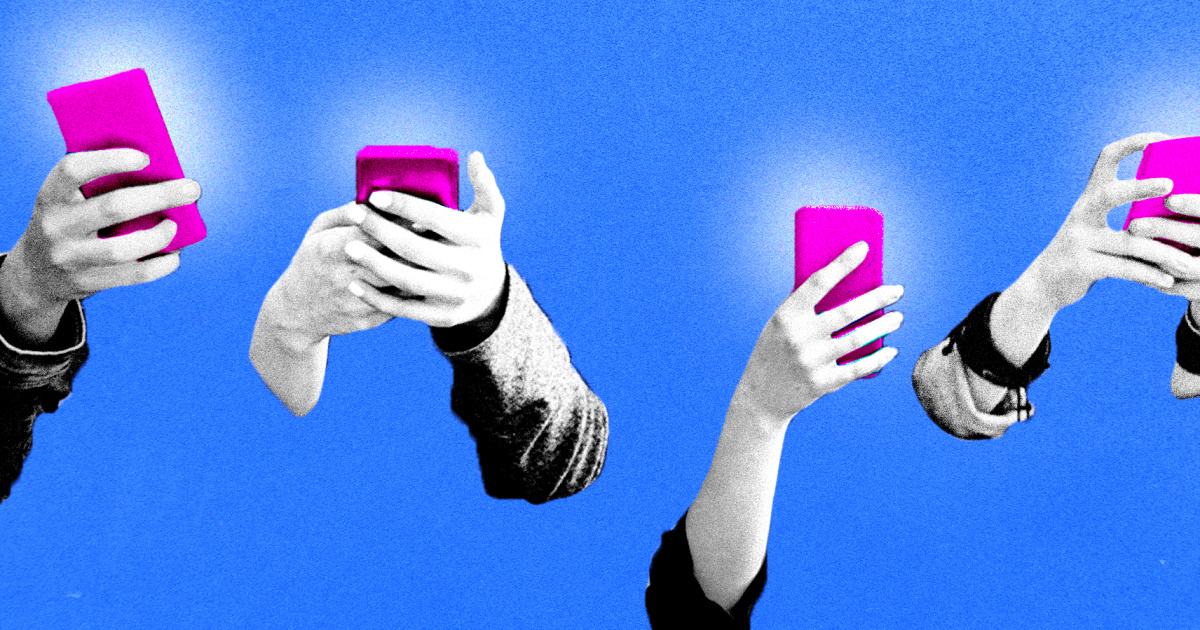- cross-posted to:
- hackernews@lemmy.smeargle.fans
- cross-posted to:
- hackernews@lemmy.smeargle.fans
A Common Sense Media report finds about half of 11- to 17-year-olds get at least 237 notifications a day. Some get nearly 5,000 in 24 hours. What does that do to their brains?



I prefer to give them a chance first. As soon as an app abuses that privilege, the permission to show notifications gets instantly revoked.
If it’s a somewhat useful notification, but I don’t need to read it right now, it gets scheduled and I’ll read that in the afternoon if I feel like it. If it’s a serious offense like spamming, then that right is gone forever. The app may also get a negative review as result.
Now that I look at my notification settings, I can easily identify three groups: